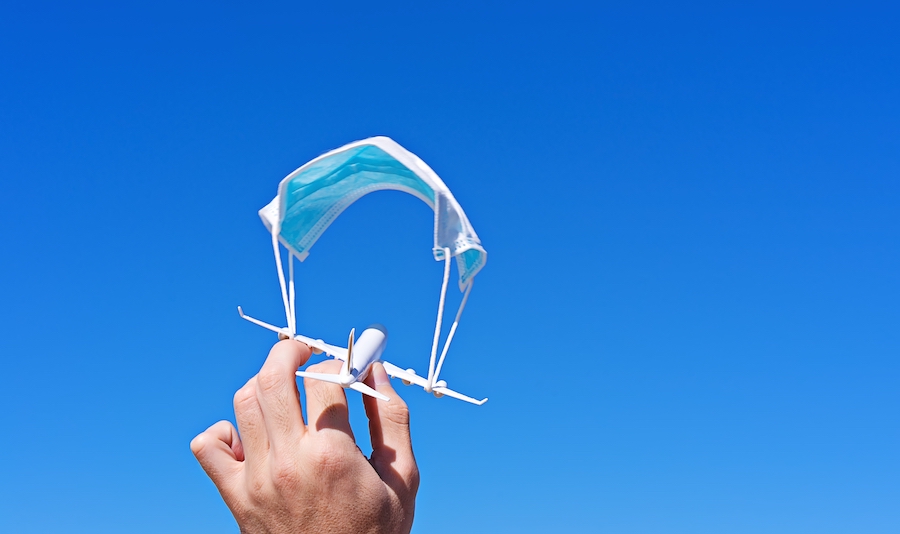ArriveCAN To Become Optional
Travellers will no longer need to show proof of vaccination when entering Canada, CBC reports. The Public Health Agency of Canada (PHAC) announced the removal of all vaccine requirements and the ArriveCAN app, which will become optional starting as early as October 1.
Additionally, face masks on domestic planes and trains as well as quarantining won’t be mandatory anymore. People will also be exempt from pre- or on-arrival testing and monitoring their symptoms upon arrival in Canada. However, according to the announcement, if a person gets sick while travelling they
“…should inform a flight attendant, cruise staff, or a border services officer upon arrival. They may then be referred to a quarantine officer who will decide whether the traveller needs further medical assessment as COVID-19 remains one of many communicable diseases listed in the Quarantine Act, ” .
The PHAC says the removal of travel restrictions is decided based on Canada’s high vaccination rates, lower hospitalization numbers and the use of booster shots.
Read More: IRCC To Exempt Some Individuals From Immigration Medical Examination
The Easing Of Measures Was Planned In The Spring
The government was already considering easing travel restrictions back in the spring. Mid-March, Canada’s Health Minister Jean-Yves Duclos said that Canada’s travel restrictions could potentially be relaxed or toughened, depending on circumstances and the numbers of cases, hospitalizations, etc.
As of April 1, travellers entering Canada by air became exempt from testing for COVID before boarding.
How Could This Affect Immigration Backlog?
On the day the PHAC announced this, the IRCC had a backlog of an estimated 2.4 million applications, 639 500 of which were for permanent residence.
As a reminder, during COVID, the IRCC only processed applications of people within the country and granted them their PR cards. This was a tactic to address at least some of the submitted applications. However, most applicants were outside of the country, and since they couldn’t travel to Canada due to travel restrictions, their application process took longer than usual.
Before the pandemic, the IRCC would usually consider all candidates during its biweekly Express Entry draws. They would send invites to the candidates who scored the highest on the CRS, regardless of their program of eligibility. This approach was changed during the pandemic, leading to a total pause for the Federal Skilled Worker Program and Federal Skilled Trades Program draws. The immigration office prioritized economic immigrants in Canada while the country was under international travel restrictions. For most of last year, IRCC prioritized CEC candidates and achieved its goal of landing 401,000 new permanent residents.
However, IRCC resumed sending invitations to apply to all Express Entry programs back in July and the end of restrictions could be a double-edged sword.
On one hand, it could finally speed things up given that the applicants are free to move around and compile all the necessary documentation. On the other hand, some potential candidates might have wanted to apply before but didn’t because of the backlog. The news about travel restrictions finally being lifted might encourage a large number of people to start their application process, which might further increase the backlog.
Either way, IRCC’s goal is to accept more than 430 000 immigrants by the end of the year and with this pace, they might just achieve it. Read more about IRCC’s plans for dealing with the immigration backlog.

